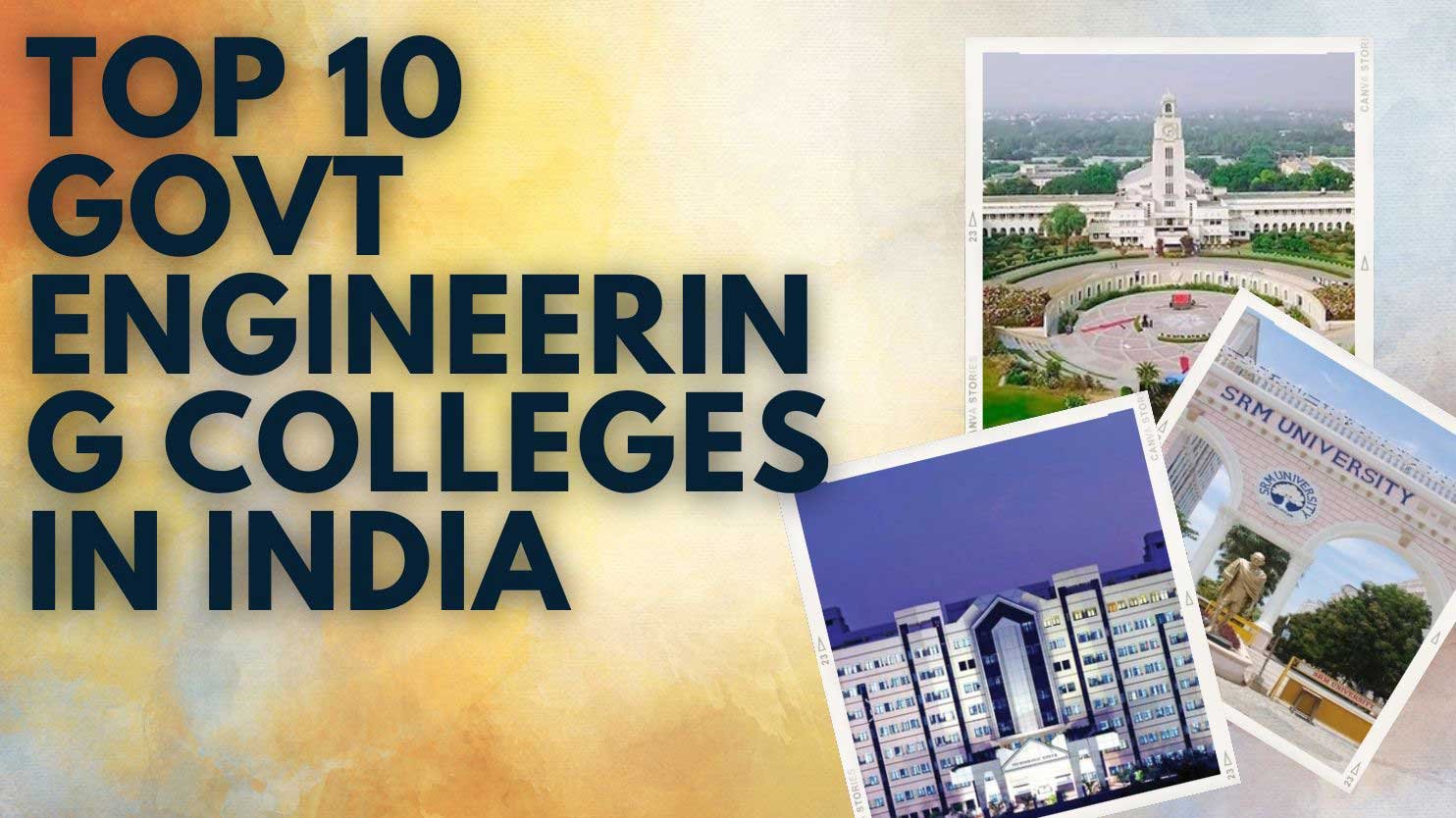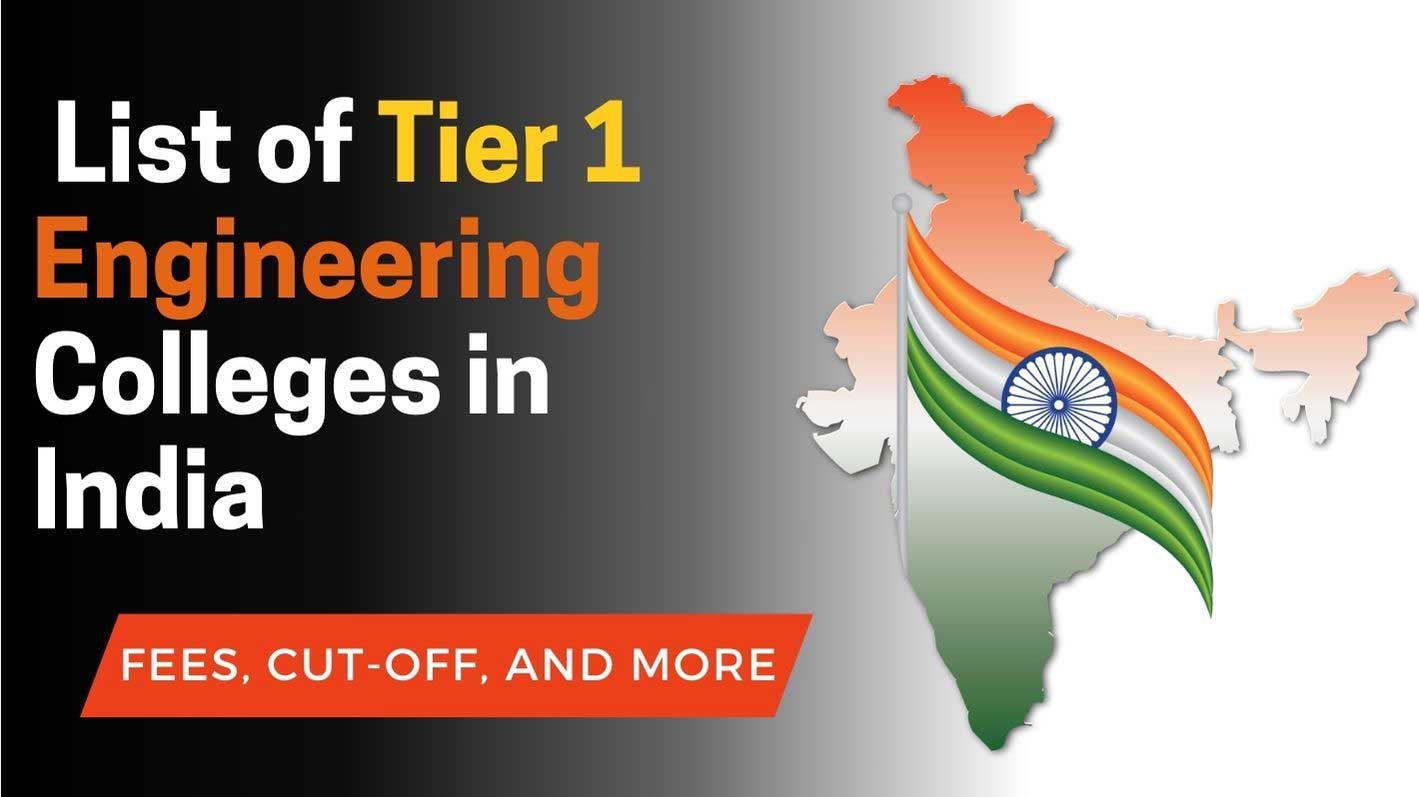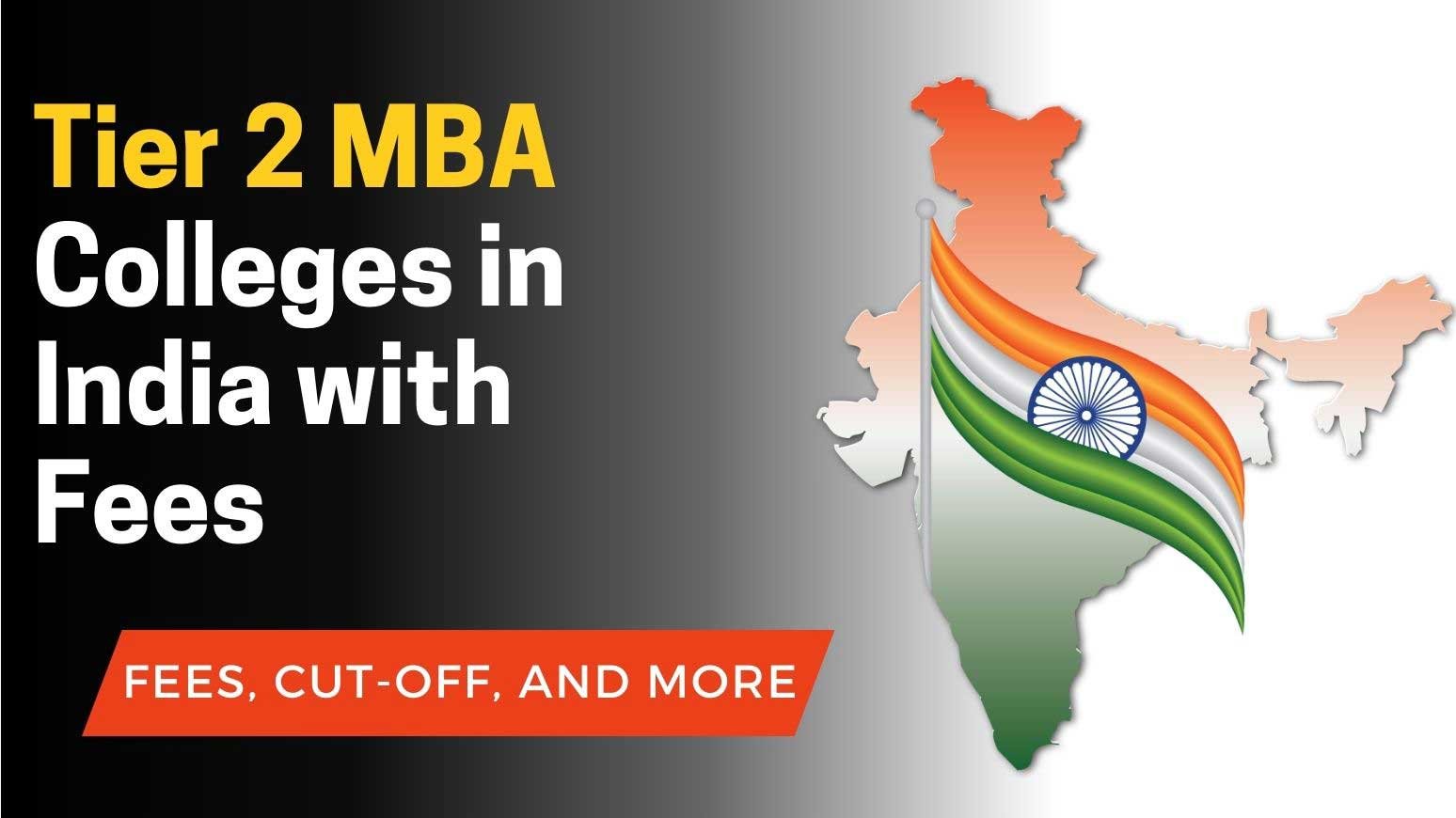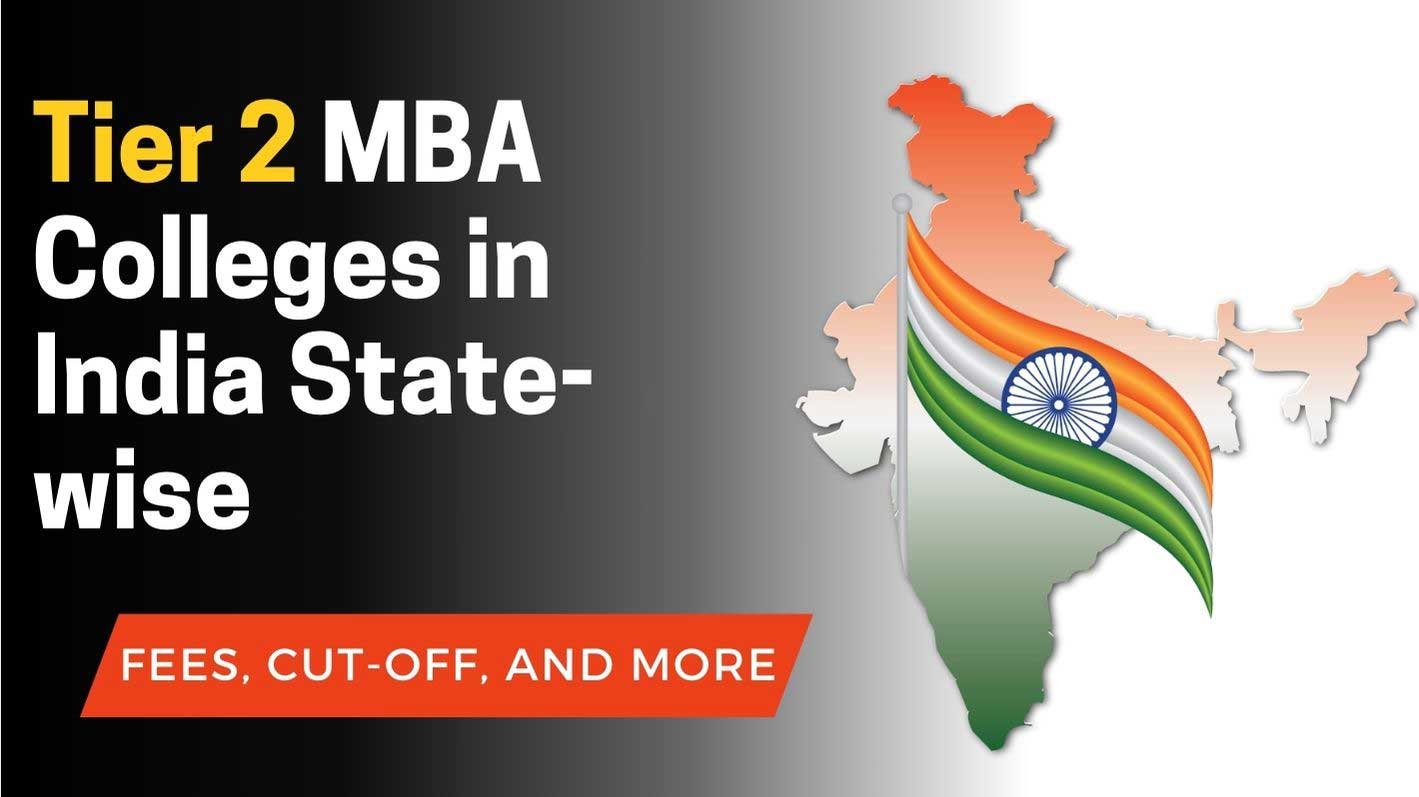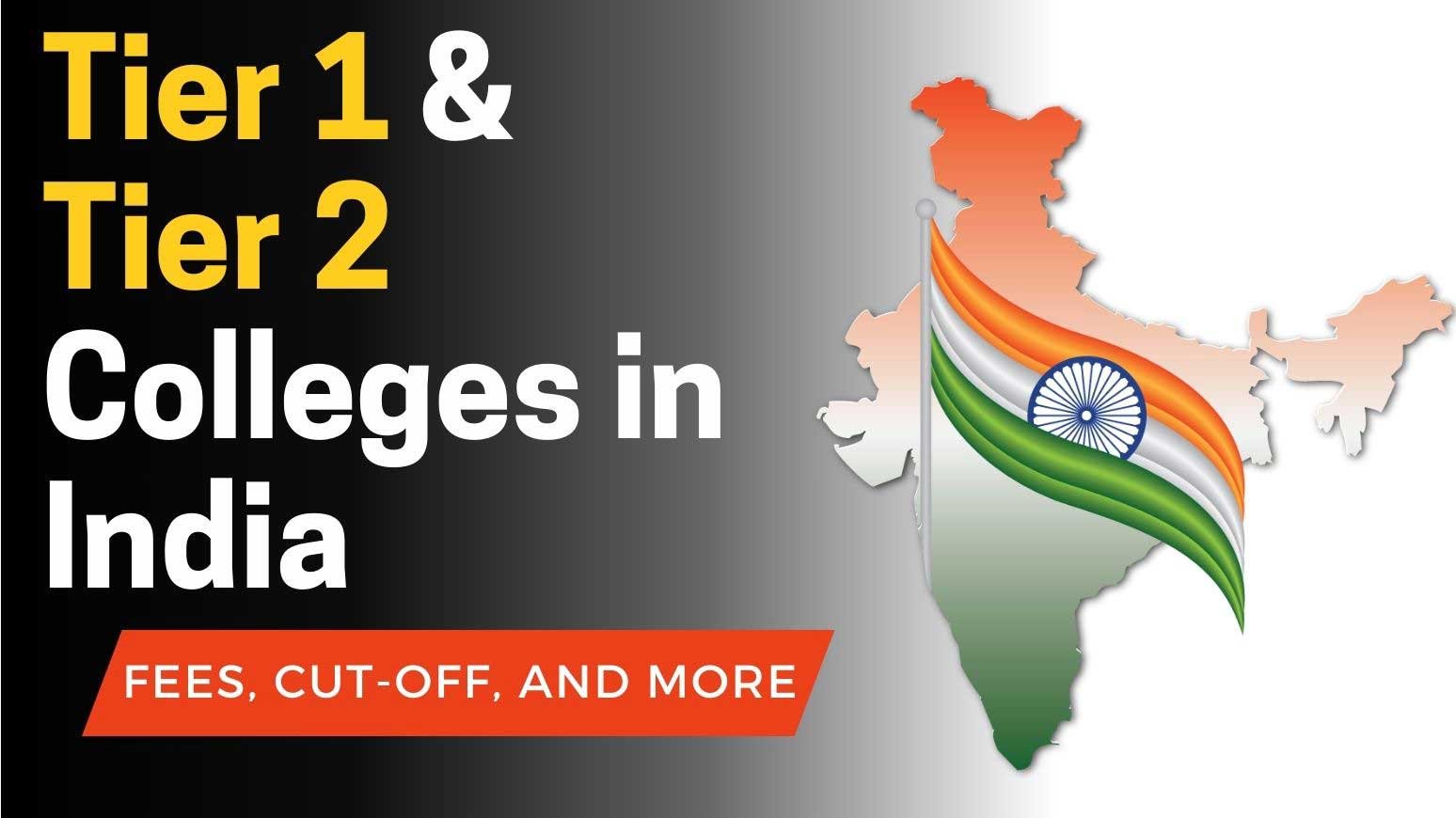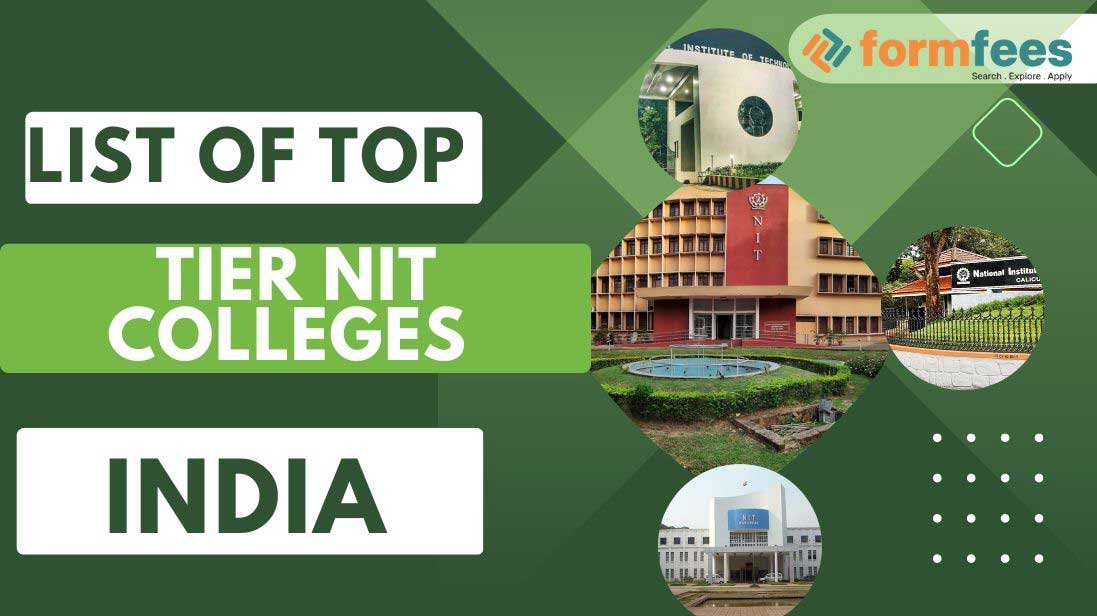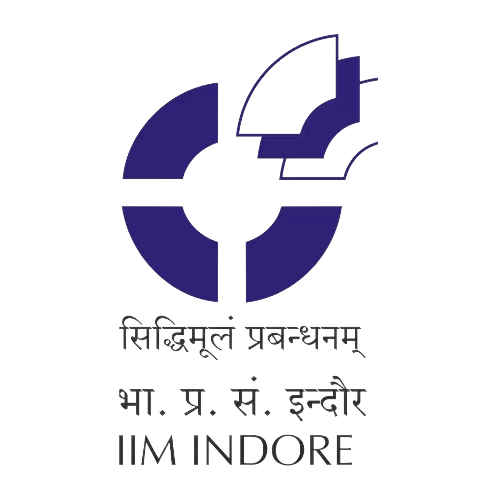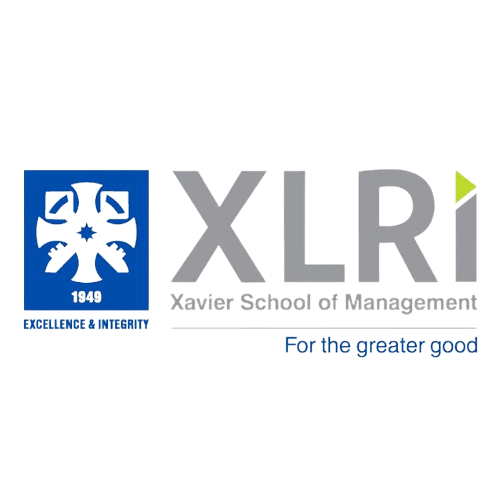Table of Contents
- BBA Syllabus
- BBA Course Overview
- BBA Course: Key Highlights
- Why Do BBA?
- Types of BBA
- Types of BBA
- BBA Eligibility Criteria and Entrance Exams
- Top BBA Entrance Exams in India
- Top BBA Specialisations
- BBA Syllabus and BBA Subjects
- Top BBA Colleges In India
- Skillsets Required for Pursuing BBA
- BBA Scope and Top Recruiters
- BBA Job Profiles and Salary
- BBA Top Recruiters
- Most Popular Courses
- Popular Courses
- Popular BBA (Bachelor of Business Administration) Specializations in India
- BBA Syllabus: Key Highlights
- BBA Course Syllabus
- BBA Subjects List
- BBA LLB Subjects
- BBA Syllabus: Recommended Books
- Career Opportunity with BBA
- Frequently Asked Questions
- Q1: What is BBA?
- Q2: What is the full form of BBA?
- Q3: Why should I opt for BBA?
- Q4: Is it mandatory to study mathematics in 10+2 to opt for BBA?
- Q5: What are the necessary qualities a BBA aspirant must possess to get admission?
- Q6: Which are the top colleges in Delhi from where I can pursue BBA?
- Q7: Which are the top BBA colleges in Mumbai?
- Q8: What are some of the other courses that I can opt for which are similar to BBA?
- Q9: What kind of industry exposure can I expect while pursuing BBA?
- Q10: Regular three-year BBA or five-year integrated management program, which one would be better to opt for if I want a career in management?
- Q11: What are the options after completing BBA?
- Q12: Is it necessary to pursue MBA after BBA?
- Q13: Do colleges conduct placement processes after course completion?
BBA Syllabus
BBA full form is Bachelor of Business Administration. BBA is one of the most popular and sought-after bachelor’s degree programmes pursued by students after Class 12. The BBA course is the gateway to a plethora of job opportunities in numerous sectors such as Sales, Marketing, Education, Finance, Sales, and Government to name a few.
BBA is a three-year professional undergraduate course in Business Management. It is open to students from all three streams i.e., Science, Arts and Commerce. The BBA course offers knowledge and training in management and leadership skills to prepare them for managerial roles and entrepreneurship. There are about 4900 BBA colleges in India. Students who wish to land a career in the field of management can pursue the BBA course after completing Class 12. The course will help the students learn various aspects of business administration and management through classroom lectures and practical projects like internships. The course will acquaint the students with various aspects of business administration, market, marketing trends, etc.
The BBA programme is available for students in full-time, correspondence and online modes of education.
BBA Course is a 3 years undergraduate program that is designed to impart knowledge of business management and administration skills. BBA Subjects focus on building skills that further enable students to understand the functioning of a business. Before choosing to opt for the BBA Course, candidates must be thorough with the kind of subjects and the vast syllabus that awaits them.
Some of the major subjects in the BBA Course are Business Economics, Business Mathematics, Principles of Management, Statistics, Organisational Behaviour, etc. The subjects vary with each BBA Specialisations. Students who want to learn about management related to aviation can study BBA Airport Management Syllabus or BBA Aviation Syllabus. BBA Hons syllabus is the most popular BBA Type. Some of the other syllabus of BBA specializations that students study include BBA Finance Syllabus, BBA Marketing syllabus, BBA Digital Marketing Syllabus and BBA Hospital Management Syllabus. Students can also study the BBA LLB Syllabus where they will have a good understanding of Law as well as business management.
Students must choose the specialization according to the BBA skills they have. Students will find BBA Jobs according to the specialization they have chosen. Students have the option of studying MBA courses after BBA. BBA Scope is not limited to private jobs but there are various jobs opportunities and scopes in Govt Sector.
BBA Course Overview
Check out the table below to know some of the important facts about the BBA course.
BBA Course: Key Highlights
- BBA is a popular undergraduate course.
- Students from all three fields, i.e. Science, Commerce and Arts can pursue the course.
- A full-time BBA is a three-year course divided into six semesters. However, there are various dual degree BBA courses such as BBA LLB and Integrated MBA which are five-year duration courses.
- Admissions to BBA are provided on the basis of merit as well as entrance exam scores.
- BBA can be pursued in full-time, part-time, correspondence or online modes of education. BBA full-time is the most popular among all.
- Students can pursue the BBA course after completing Class 12.
| Features | Details |
|---|---|
| Course name | BBA |
| Full form | Bachelors of Business Administration |
| Course level | Undergraduate |
| Types of BBA | Full-time BBA, Part-time BBA, Distance/ Correspondence BBA, Online BBA |
| BBA course fee | INR 50,000 to INR 6 lakh and above |
| BBA admission process | Entrance Based and Merit-Based |
| Top BBA entrance exams | DU JAT, UGAT, SET, IPU CET, NPAT |
| Number of colleges | There are about 4900 BBA colleges in India |
| Top BBA specialisations | Sales and Marketing, Finance, HR, International Business, Entrepreneurship |
| Average salary | INR 3 LPA - INR 5 LPA |
Why Do BBA?
For students who wish to build a career in the management or business fields after Class 12, BBA is the perfect option. With the cut-throat competition in the business and corporate world, one needs to have strong leadership and managerial skills if one wishes to have a flourishing career in the field. A student who pursues BBA after Class 12 will have a wide range of job opportunities available to him/her. BBA graduates can also opt for higher studies such as MBA to fast track their career in the management and business field. Here are a few reasons why should one pursue a BBA course:
- A stepping stone in the careers of students who wish to excel in the business and management world.
- Better career opportunities.
- Good salary.
- A better understanding of market requirements and various global trends is required for different careers in this field.
- BBA course will impart the knowledge required to study further in the same field.
- Develop leadership, managerial, entrepreneurial and people skills.
Types of BBA
The BBA course is available across various modes of education which cater to different types of BBA aspirants. Students can pursue the course in full-time mode, distance mode and online mode. A full-time BBA course is the most popular choice for BBA aspirants but online BBA has become increasingly popular in the last few years.
Types of BBA
Read below to know more about the types of BBA:
- Full-time BBA: A full-time BBA is a three-year duration course spread across six semesters. As mentioned above, the full-time BBA is the most sought-after choice for BBA aspirants. The programme includes physical classrooms, assessments, internships and final placements. There are approximately 4600 full-time BBA colleges in India. The average course fee ranges between INR 3 lakh to INR 6 lakh.
- Part-time BBA: Part-time BBA is just like the regular BBA but the difference is the time of the classes. The course is also a three-year duration course but the classes for part-time BBA are conducted in evenings or weekends. Part-time BBA is best suited for working professionals who wish to study along with their job. There are approximately 30 part-time BBA colleges in India. The average course fee ranges between INR 50,000 to INR 60,000.
- Distance/Correspondence BBA: The difference between a regular BBA and distance BBA is that unlike a regular BBA programme there is no physical classroom present in distance BBA. The candidates can pursue their careers through remote communication and correspondence. The distance BBA is cheap and flexible and is best suited for those who cannot pursue a regular BBA due to some reason. There are about 250 distance BBA colleges in India. The average course fee ranges between INR 45,000 to INR 60,000.
- Online BBA: Online BBA has gained prominence in recent years. The aim was to provide the students with the opportunity to pursue the BBA course via a virtual education system. There are no physical classrooms or interactions and the lectures are held using online video conferencing. The notes and study materials are shared on the internet through various mediums. There are about 50 online BBA colleges in India and the average course fee is between the range of INR 27,000 – INR 40,000.
BBA Eligibility Criteria and Entrance Exams
- Aspirants who have completed their Class 12 in any stream from a recognised educational board or university can pursue BBA.
- The candidates must have attained a minimum of 50% aggregate and above in Class 12.
- In case a candidate has appeared for the Class 12 exam and is waiting for the result, s/he can also apply to the course.
Top BBA Entrance Exams in India
Generally, admission to BBA is granted on the basis of an entrance test conducted by the institute/university offering the course. Also, few institutes conduct Group discussions and Personal Interview rounds after the entrance exam.
Final admission is granted to candidates on the basis of the scores obtained in the Qualifying Examination, Entrance Test, and GD-PI. Some of the popular BBA entrance examinations are listed below:
| Name of the Exam | Last Date of Application | Application link |
|---|---|---|
| SET 2022 | 24-Apr-2022 | SET application form |
| DU JAT 2022 | Third week of June 2022 | DU JAT application form |
| IPMAT 2022 | First week of May 2022 | IPMAT application form |
| CUET 2022 | Session 1: 10-Feb-2022 Session 2: 03-Mar-2022 | CUET application form |
| AIMA UGAT 2022 | 29-Apr-2022 | AIMA UGAT application form |
| IPM Aptitude Test 2022 | 02-May-2022 | IPM AT application form |
| NMIMS NPAT 2022 | 05-Jun-2022 | NMIMS NPAT application form |
| FEAT | Cycle 1: 06-Dec-2021 Cycle 2: 10-Jan-2022 Cycle 3: 14-Feb-2022 Cycle 4: 21-Mar-2022 Cycle 5: 02-May-2022 | FEAT application form |
Top BBA Specialisations
Some of the most popular BBA specializations are listed below:
| List of BBA Specialisations | ||
|---|---|---|
| BBA Finance | BBA in Banking and Insurance | BBA Information Technology |
| BBA Human Resource | BBA Marketing | BBA Communication and Media Management |
| BBA Foreign Trade | BBA Hospitality and Hotel Management | BBA Hospital and Healthcare Management |
BBA Syllabus and BBA Subjects
BBA syllabus is divided into six semesters. The BBA syllabus broadly consists of BBA subjects such as Business Organisation, Business Communication, Fundamentals of Accounting, Business Mathematics, Management Concepts and Practices, Organisational Behavior, Managerial Economics, Management Accounting, Business Environment, Business Statics, Marketing Management, etc. Given below is the list of a few subjects and topics under the BBA syllabus:
| BBA Subjects | ||
|---|---|---|
| Principles of Management | Business Mathematics & Statics | Introduction to Operations Research |
| Business Economics | Financial & Management Accounting | Production & Material Management |
| Personnel Management & Industry Relations | Marketing Management | Business Data Processing |
| Business Laws | Introduction to Psychology | Business Analytics |
| Introduction to Sociology | Micro Economics | Organisational Behaviour |
| Essentials of Marketing | Corporate Strategic Management | Human Resource Management |
| MIS / Systems Design | Understanding Industry and Markets | Leadership and Ethics |
| Strategy | Entrepreneurship | International Business Management |
| Sales & Distribution Management | Commercial Bank Management | Security Analysis |
| Manufacturer Planning and Control | Digital Marketing | Retail Management |
Top BBA Colleges In India
As mentioned above, BBA course is one of the most sought-after undergraduate courses in India. India is home to many popular and esteemed institutes to pursue BBA such as NMIMS Anil Surendra Modi School of Commerce – Mumbai, Christ University – Bengaluru, Mount Carmel College – Bengaluru, Symbiosis Institute of Computer Studies and Research – Pune, Shaheed Sukhdev College of Business Studies (SSCBS) – Delhi, Madras Christian College (MCC) – Chennai, etc. There are about 4600 colleges in India that offer BBA courses. Check out the table below to know some of the top BBA colleges in India along with their rank and fees.
| 1 | Shaheed Sukhdev College of Business Studies (SSCBS) | INR 75.08 K |
|---|---|---|
| 2 | NMIMS Anil Surendra Modi School of Commerce, Mumbai | INR 9.06 lakh |
| 3 | Loyola College | - |
| 4 | Christ University | INR 3.56 lakh |
| 5 | MCC, Chennai | - |
| 7 | Mount Carmel College, Bengaluru | - |
| 8 | Presidency College, Bengaluru | INR 4.5 lakh |
| 9 | Symbiosis Institute of Computer Studies and Research, Pune | INR 5.5 lakh |
| 14 | Department of Management, J.D Birla Institute, Kolkata | INR 5.1 lakh |
Skillsets Required for Pursuing BBA
The management field demands a student to have some particular skills to manage different types of work. Check out the table below to know some of the skills required for BBA below
| Team Player | Professional Communication Skills and Behavioral Grooming | Writing Skills |
| Etiquette | Conversational Skills | Consulting and Problem Solving Skills |
| Selling | Negotiating | Persuading skills |
| Leadership Skills | Self-motivated | Critical and Analytical Thinking |
| Detail-oriented | Strong work ethic | Multi-tasking |
| Committed | Time management | Adaptability |
BBA Scope and Top Recruiters
On completion of BBA, aspirants generally opt for MBA. However, candidates can also choose to explore job opportunities in various fields such as banking, urban infrastructure and real estate management, business consultancies, advertising, manufacturing and Government sectors to name a few. Some major job profiles one can opt for after completion of BBA are as follows:
- Human Resource Executive: The responsibility of a Human Resource Executive (HR Executive) includes ensuring that the strategies, methodology and HR programmes are administered and the objectives of the organisation are consistent with proficient benchmarks, state and government administrative prerequisites and laws. Also, planning, advising on HR strategies and overseeing human asset activities such as enrollment and pay is the key responsibility of an HR Executive.
- Marketing Executive: A Marketing Executive develops official statements and is responsible for promotion for the organisation’s products, conducting and analysing competitive research, and establishing objectives, expectations and results for marketing programmes.
- Marketing Manager: A Marketing Manager collaborates with product managers and aims at executing new/ modified programs for the establishment of improved strategies. Developing market research studies & analyzing their finding, making the best use of marketing programs & campaigns for the organisation’s products and services are the responsibilities of a Marketing Manager.
- Sales Executive: The Sales Executive is required to design and implement strategies to increase company sales revenue and expand the company’s base in the market.
- Research and Development (R&D) Manager: A R&D Manager directs and manages the development & research programmes of an organisation in order to meet the needs of the organisation. Measuring the scope of research projects & making sure that they are delivered on time within the stipulated budget is the role of an R&D Manager.
BBA Job Profiles and Salary
Check out the table below to know the career options available to students after BBA along with the average salary offered in India:
| Job Profile | Salary (Per Annum) |
|---|---|
| HR Executive | INR 3.75 lakh |
| Marketing Executive | INR 2.91 lakh |
| Marketing Manager | INR 6.84 lakh |
| Sales Executive | INR 2.44 lakh |
| Entrepreneur | INR 7.44 lakh |
| Financial Advisor | INR 3.83 lakh |
| Public Relations Manager | INR 5.21 lakh |
BBA Top Recruiters
Some of the top companies offering jobs to BBA graduates are:
| List of Top Recruiters for BBA Graduates | |
|---|---|
| Tata Consultancy Services (TCS) | Hindustan Unilever |
| International Business Machines (IBM) Corp | Ernst & Young (EY) |
| Hewlett-Packard | ICICI Bank |
| Microsoft | Mc Kinsey and Company |
| Deloitte | Sony |
Most Popular Courses
Following are the most popular BBA (Bachelor of Business Administration) courses, based on alumni reviews. Explore these reviews to choose the best course in BBA (Bachelor of Business Administration).
Popular Courses
Popular BBA (Bachelor of Business Administration) Specializations in India
Following are the most popular BBA (Bachelor of Business Administration) Specializations. You can explore the top Colleges offering these Specializations by clicking the links below.
BBA Syllabus: Key Highlights
Following are the courses, subjects and topics covered in the BBA syllabus in top MBA colleges and Universities:
- Economics
- Financial Management
- Principles & Practices in Management
- Marketing Management
- Taxation in Business
- Accounts Management
- HRM: Human Resource Management
- MIS: Management Information System
- Entrepreneurship
- Business Communication Management
- IB: International Business Management
- Operations Management
BBA Course Syllabus
BBA Course Syllabus is divided into six semesters. Each semester contains BBA subjects that deal with management and offers managerial skills to the student. BBA subjects 1st Year consists of Microeconomics, Quantitative Techniques – II, Environmental Management, India Socio-Political Economics etc
| Semester I | Semester II |
|---|---|
| Financial Accounting | Macroeconomics |
| Microeconomics | Quantitative Techniques - II |
| Principles of Management | Effective Communications |
| India Socio-Political Economics | Cost Accounting |
| Quantitative techniques - I | Environmental Management |
| Essentials of IT | Principles of Marketing |
| Semester III | Semester IV |
| Banking & Insurance | Human Behavior & Ethics at Workplace |
| Indian Economics in Global Scenario | Management Accounting |
| Operations Research | Business Analytics |
BBA Subjects List
- Mathematics for Business
- Business Analytics
- Business Economics
- Financial Management
- Accounting
- Essentials of Marketing
- Business Organisation and Principles of Management
- Business Law
- Human Resource Management
- Organisational Behaviour
- Marketing
- Entrepreneurship
- International Business Management
- Writing Skills
- Etiquette and Conversational Skills
- Negotiating and Persuading Skills
- Problem Solving and Consulting Skills
- Selling
- Conflict Resolution
- Personality Development
BBA LLB Subjects
BBA LLB is a 5 year-long integrated dual degree course that provides an integrated study of management studies and legislative law in an independent manner. It is a perfect fit for students who want to make their career as an Advocate, Lawyer, Business, etc. BBA LLB helps students to get an edge in both the fields of business and law.
- Business Mathematics & Statistics
- Financial & Management Accounting
- Production & Material Management
- Personnel Management & Industry Relations
- Principles of Management
- Marketing Management
- Business Data Processing
- Business Laws
- Introduction to Operations Research
- Introduction to Psychology
- Business Analytics
- Business Economics
- Introduction to Sociology
- Micro Economics
- Organisational Behaviour
- Leadership and Ethics
- Essentials of Marketing
- Corporate Strategic Management
- International Business Management
- Human Resource Management
- MIS / Systems Design
- Entrepreneurship
- Understanding Industry and Markets
- Computer Applications
- Strategy
- Industrial Relations and Labour Legislation
- Consumer Behaviour
- Sales & Distribution Management
- Commercial Bank Management
- Quantitative Methods
- Security Analysis
- Manufacturer Planning and Control
- Digital Marketing
- Retail Management
- E-Commerce
- Financial & Commodity Derivatives
- Financial Modelling using spreadsheets
- Family Business Management
- Export/ Import Management
- PR Management
- Project Management
BBA Syllabus: Recommended Books
| Name of the Books | Name of the Authors |
|---|---|
| Modern Business Organization | S. A. Sherlekar |
| Industrial Organization Management | Sherlekar, Patil, Paranjpe, Chitale |
| Management Concepts and Practices | C.B Gupta |
| Business Organization and Management | Jallo, Tata McGraw Hill |
| Business Environment Text and Cases | F. Cherunilam |
| Organizing and Financing of Small Scale Industry | Dr. V. Desai |
| Business Correspondence and Report Writing | R. C. Sharma, Krishna Mohan |
| Communicate to Win | Richard Denny |
| Business Communication | M. Balasubramanian |
| Modern Business Correspondence | L. Gartside |
After successfully obtaining the BBA degree, one gets various opportunities to work in top industries like Finance, Information Technology (IT), Sales sector to Advertising, Banking, Digital Marketing, etc.
With an average BBA salary ranging from INR 4.5 to 7 LPA, aspirants can bag good jobs in both the private and public sectors. Some of the top recruiters of the field are TCS, Genpact, IBM, Capgemini, Infosys, Deloitte, etc.
Career Opportunity with BBA
Bachelor of Business Administration(BBA) over the years has emerged as one of the preferred undergraduate management courses that offer good career opportunities in the corporate sector. The BBA placements have also gone up substantially during the past many years. It enhances and broadens the ability and skills of management, analysis, thought process and business problem-solving skills.
Frequently Asked Questions
Q1: What is BBA?
Ans : BBA or Bachelors of Business Administration is an undergraduate degree course offered to students after Class 12. For students who wish to build a career in the management field, BBA is a good option to opt
Q2: What is the full form of BBA?
Ans : The full form of BBA is Bachelors’s in Business Administration.
Q3: Why should I opt for BBA?
Ans : BBA is a specialized course designed for students with an analytical and computative bent of mind. S/he should be able to grasp concepts of finance, economics, operations, human resources, etc. The program is also meant for those who want to pursue a professional course for graduation and want to kickstart a career in the corporate management sector.
Q4: Is it mandatory to study mathematics in 10+2 to opt for BBA?
Ans : The eligibility criteria for BBA admission vary from institute to institute. While for some colleges it is mandatory for the student to have studied Mathematics in 10+2, some other colleges have no hard and fast rule regarding this. However, irrespective of the eligibility criterion, it would be best if the candidates have studied Mathematics at the higher secondary level since the curriculum demands a good grip over the subject. The topics of the BBA syllabus are calculation-intensive and in order to ace the subjects, a good mathematical ability is a must.
Q5: What are the necessary qualities a BBA aspirant must possess to get admission?
Ans: Along with fulfilling the eligibility criteria, the BBA aspirants should also exhibit some personality traits or qualities required to be a good leader or manager. Some such qualities include communication skills, both written and verbal, leadership skills, quick decision-making ability, critical and analytical thinking ability, general awareness regarding current affairs, interpersonal skills or ability to work in a team/group, a fresh and creative approach towards traditional methods to name a few. These qualities are analysed by the admission committee of the institutes during the final selection process involving GD and PI.
Q6: Which are the top colleges in Delhi from where I can pursue BBA?
Ans : The majority of the colleges in Delhi offering BBA or similar programs are affiliated with the University of Delhi and Guru Gobind Singh Indraprastha University. There are some private institutes as well which offer BBA programs. Some of the top colleges in Delhi offering BBA or similar programs are Shaheed Sukhdev College of Business Studies, Keshav Mahavidyalaya, Deen Dayal Upadhyay College, Maharaja Agrasen Institute of Management Studies, Maharaja Surajmal Institute, Jindal Global Business School Sonipat, Sri Guru Tegh Bahadur Institute of Management & Information Technology and New Delhi Institute of Management to name a few.
Q7: Which are the top BBA colleges in Mumbai?
Ans: There are a number of colleges in Mumbai which offer BBA programs. While some of the programs are affiliated with Mumbai University, there are some private universities or institutes as well which are reputed for offering BBA programmes. The noted colleges are Jai Hind College, Mithibhai College, KC College, St. Xavier’s College, HR College of Commerce and Economics, Anil Surendra Modi School of Commerce, to name a few.
Q8: What are some of the other courses that I can opt for which are similar to BBA?
Ans : There are a number of programmes that are designed on similar lines as that of BBA, but have a different nomenclature. Some such program names are Bachelor of Management Studies (BMS), Bachelor of Financial Investment and Analysis (BFIA), Bachelor of Business Economics (BBE), etc. Integrated Programme in Management or IPM is another nomenclature for BBA, wherein the program is of five years duration and integration of BBA and MBA. The course duration of BBA is three years and that of the MBA is two years, making the total duration to be five years.
Q9: What kind of industry exposure can I expect while pursuing BBA?
Ans : The BBA curriculum is designed in such a way that the students get ample industry exposure and training. Regular field visits and guest lectures, along with brief internships add value to the candidature of the students and also build a strong foundation that improves the chance of getting hired by corporate companies or getting selected for MBA/PGDM.
Q10: Regular three-year BBA or five-year integrated management program, which one would be better to opt for if I want a career in management?
Ans : The choice of the program would depend upon the student. The factors based on which one can choose include plans, budget, institute, etc. If an aspirant is determined to pursue an MBA after completing BBA, then it is a logical decision to opt for an integrated program. On the other hand, the fee for the integrated programs is much higher than that of the regular BBA programs since it is a culmination of two programs. Some students may decide to gather a few years of work experience before jumping into the MBA bandwagon. Moreover, during pursuing BBA, some students may realize that s/he wants to pursue a different course altogether and does not want to continue in the field of Business Administration. Hence, the students or the aspirants would have to weigh each aspect carefully before deciding to invest five years in a programme.
Q11: What are the options after completing BBA?
Ans : One of the most popular paths taken after completing BBA is going for MBA/PGDM. Another option is to kickstart the career by taking up a manager or Executive level job and gathering work experience. The students can also explore a plethora of other professional or short-term courses which would give a boost to/her career.
Q12: Is it necessary to pursue MBA after BBA?
Ans: Although there is no hard and fast rule on pursuing MBA after BBA, given the cut-throat competitive world that we are dwelling in today, those with a higher level of degree, which encapsulates a wider gamut of knowledge, exposure and experience are expected to have a better chance of achieving their goals. However, if, during the BBA program, one wishes to explore a different career path altogether, which does not necessarily require an MBA, one can definitely do so. Also, just having a BBA + MBA degree is not enough. If one is not passionate or determined enough and not ready to put in hard work, no amount of degree can guarantee success.
Q13: Do colleges conduct placement processes after course completion?
Ans : Yes, most of the colleges offering BBA programs conduct placement processes for the final year students. A host of companies across multiple industry sectors hire students for various functions such as Sales & Marketing, Finance, Human Resources, Operations & Logistics, to name a few.


